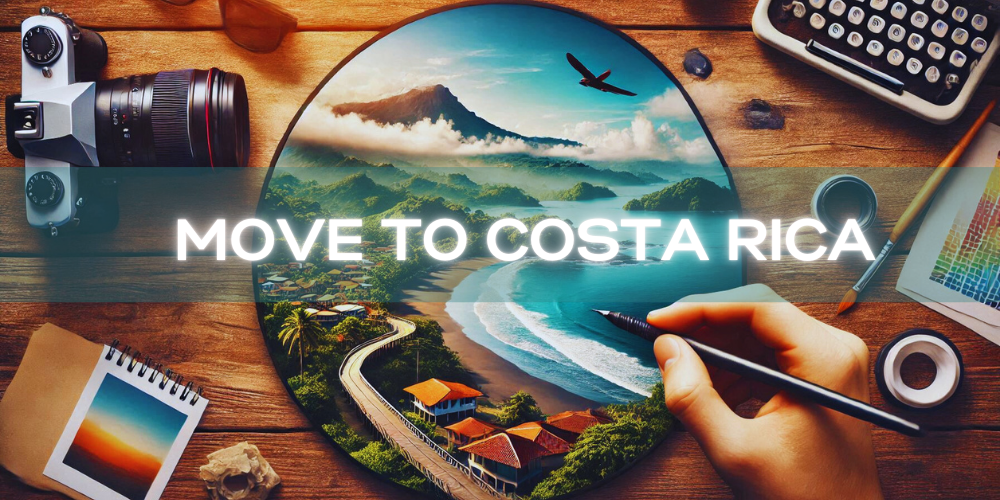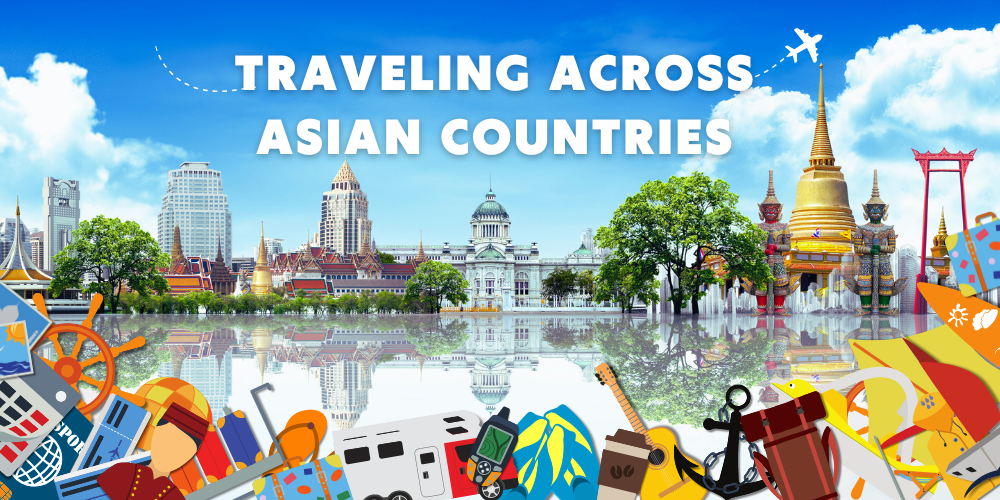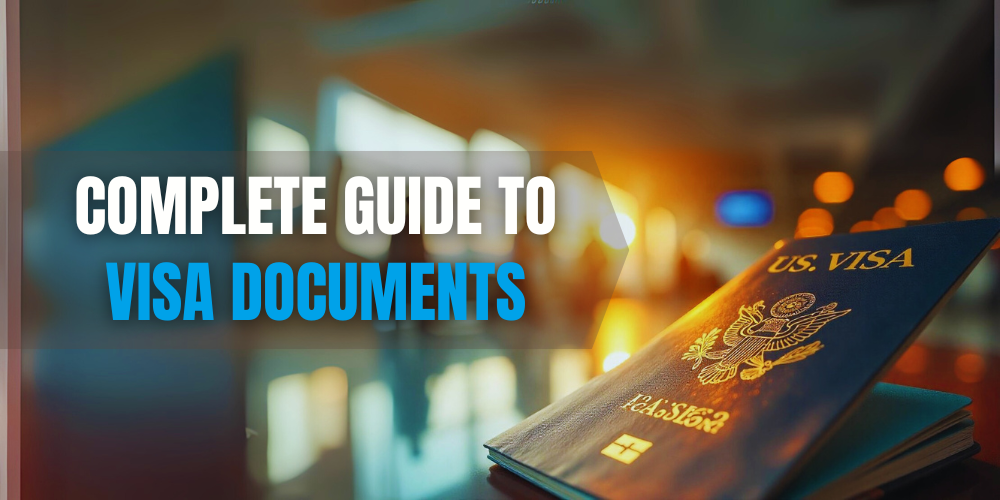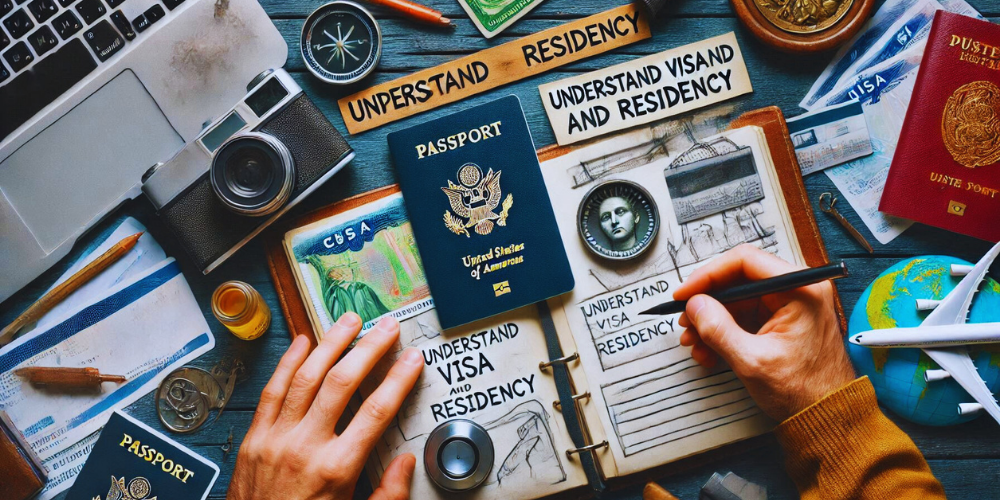--------- How to Move to Costa Rica for a Stress-Free Transition
Dec 21, 2024

Costa Rica, known for its stunning beaches, lush rainforests, and a welcoming "pura vida" lifestyle, has become an increasingly popular destination for expats seeking a fresh start or retirement in paradise. Moving to Costa Rica can be a life-changing decision, but it requires careful planning and preparation. This comprehensive guide will walk you through everything you need to know about how to move to Costa Rica, from visas and residency options to finding housing, healthcare, and embracing the culture for a smooth and stress-free transition.
Why Move to Costa Rica?
Costa Rica is a favorite among expats for several reasons:
- High Quality of Life: Ranked as one of the happiest countries in the world.
- Affordable Cost of Living: While not the cheapest destination, Costa Rica offers excellent value for housing, food, and healthcare compared to many Western countries.
- Stable Political Environment: Known for its democracy and lack of a standing military.
- Natural Beauty: Beaches, mountains, rainforests, and diverse wildlife make it a haven for nature lovers.
- Access to Healthcare: High-quality medical care at a fraction of the cost in the U.S. or Europe.
Step 1: Understand Visa and Residency Requirements
Tourist Visa
Visitors from many countries, including the U.S., Canada, and most European nations, do not need a visa to enter Costa Rica for up to 90 days. However, staying beyond this period requires a formal residency permit.
Residency Options in Costa Rica
1. Pensionado (Retiree Program)
- Who Qualifies: Retirees with a guaranteed income of at least $1,000 per month from a permanent pension source, such as Social Security or retirement benefits.
- Benefits: Includes the ability to bring a spouse and dependents, access to local healthcare, and tax advantages.
2. Rentista (Resident with Fixed Income)
- Who Qualifies: Individuals with a guaranteed income of at least $2,500 per month for two years or a deposit of $60,000 in a Costa Rican bank.
- Benefits: Ideal for self-employed individuals or freelancers.
3. Investor Residency
- Who Qualifies: Individuals investing at least $150,000 in Costa Rica, typically in real estate or a business.
- Benefits: Offers long-term residency and is suitable for those planning to buy property or start a business.
4. Permanent Residency
- Who Qualifies: Immediate family members of Costa Rican citizens or those who have held temporary residency for at least three years.
- Benefits: Allows you to work legally and enjoy full residency rights.
Step 2: Plan Your Finances
Cost of Living in Costa Rica
The cost of living in Costa Rica is relatively affordable but varies depending on location and lifestyle.
- Housing: $500–$1,500 per month for rent, depending on the location and property size.
- Groceries: $200–$400 per month for a couple.
- Utilities: $100–$200 per month, including electricity, water, and internet.
- Transportation: Public transport is inexpensive, and owning a car costs around $300–$500 monthly, including insurance and gas.
- Healthcare: Private insurance costs $50–$150 per month, while the public healthcare system (Caja) is highly affordable.
Banking and Money Transfers
Set up a local bank account to manage finances more easily. Popular banks include Banco Nacional, Banco de Costa Rica, and private institutions like Scotiabank. Bring necessary documents, including a passport, proof of residency, and income verification.
Step 3: Find a Place to Live
Popular Expat Areas in Costa Rica
- San José and Central Valley: Offers urban living with access to healthcare, education, and job opportunities.
- Tamarindo: A beach town popular with surfers and digital nomads.
- Escazú and Santa Ana: Upscale suburbs near San José with international schools and modern amenities.
- Arenal: Known for its stunning lake and volcano views, ideal for nature lovers.
- Ojochal: A quieter expat community offering a peaceful lifestyle.
Renting vs. Buying
- Renting: Start with a short-term rental to explore the area and decide where you want to settle.
- Buying: Costa Rica allows foreigners to purchase property. Work with a reputable real estate agent and lawyer to ensure the process is legal and transparent.
Step 4: Understand Healthcare in Costa Rica
Public Healthcare (Caja Costarricense de Seguro Social)
- Available to residents and offers comprehensive coverage at a low cost.
- Requires a monthly contribution based on income.
Private Healthcare
- High-quality private hospitals like CIMA and Clinica Biblica are popular among expats.
- Many choose private insurance for faster access and English-speaking doctors.
Step 5: Navigating the Job Market
If you’re not retired or self-employed, you’ll need to understand Costa Rica’s job market:
- Legal Work: Only permanent residents or citizens can work legally without restrictions.
- Popular Industries: Tourism, teaching English, technology, and real estate.
- Remote Work: Many expats work remotely for foreign companies while living in Costa Rica.
Step 6: Moving with Family
Schools in Costa Rica
Costa Rica has excellent public and private education systems. Many expats choose private or international schools, especially if their children are not fluent in Spanish.
- International Schools: Include Lincoln School and Country Day School in San José.
- Public Schools: Free and available to residents, but instruction is in Spanish.
Step 7: Learn the Language and Culture
Learning Spanish
While many locals speak English, especially in tourist areas, learning Spanish will greatly enhance your experience. Enroll in a local language school or use online resources like Duolingo or Rosetta Stone.
Embracing the Culture
Costa Rica’s culture emphasizes friendliness, family, and environmental sustainability. Immerse yourself by participating in community events, exploring local cuisine, and adopting the relaxed "pura vida" lifestyle.
Step 8: Transportation and Driving in Costa Rica
- Public Transport: Buses are affordable and widely available but may not cover remote areas.
- Driving: Costa Rica recognizes foreign driver’s licenses for up to 90 days. If you’re staying longer, you’ll need to apply for a Costa Rican driver’s license.
- Car Import: You can import a car, but expect to pay high taxes and fees.
Step 9: Practical Tips for a Stress-Free Move
- Hire a Relocation Specialist: Professional relocation services can help with paperwork, housing, and settling in.
- Visit Before Moving: Spend time exploring Costa Rica before committing to the move.
- Declutter Before Packing: Minimize what you bring, as Costa Rica has a tropical climate that may not suit all belongings.
Step 10: Embracing the Pura Vida Lifestyle
The phrase "pura vida" (pure life) encapsulates Costa Rican culture. It’s a way of life that emphasizes simplicity, gratitude, and enjoying the present moment. Adopting this mindset will not only ease your transition but also help you make the most of your new life in Costa Rica.
Moving to Costa Rica offers the opportunity to enjoy a vibrant culture, stunning landscapes, and a high quality of life. By understanding the residency process, planning your finances, and embracing the local lifestyle, you can ensure a smooth and stress-free transition. Whether you’re retiring, working remotely, or seeking a fresh start, Costa Rica welcomes you with open arms and the promise of "pura vida."
Would you like additional guidance on specific aspects of relocating to Costa Rica, such as finding housing or applying for residency?
Recent Articles

Traveling Across Asian Countries: Country List, Visa Information, and Essential Travel Guide
Asia is the largest continent in the world, spanning over 44 million square kilometers and housing n

Best Countries Offering Digital Nomad Visas in 2025 – Requirements, Eligibility & More
What is a Digital Nomad Visa?A digital nomad visa is a special type of visa designed for remote work

2025 USCIS Petition Tracker: Status Lookup & Processing Times
Navigating the United States Citizenship and Immigration Services (USCIS) petition process can be a

Complete Guide to Visa Documents: Everything You Need to Know for a Successful Application
Navigating the visa application process requires a meticulous approach to documentation. Whether app

Visa vs Passport: What’s the Difference and Why It Matters
A passport is an official travel document issued by your government. It verifies your identity and c

Get a Sponsor Visa for the USA: Complete 2025 Guide for Foreign Workers
Navigating the process of working legally in the United States can seem overwhelming, but with the r
Read More

Traveling Across Asian Countries: Country List, Visa Information, and Essential Travel Guide

Best Countries Offering Digital Nomad Visas in 2025 – Requirements, Eligibility & More

2025 USCIS Petition Tracker: Status Lookup & Processing Times

Complete Guide to Visa Documents: Everything You Need to Know for a Successful Application

Visa vs Passport: What’s the Difference and Why It Matters

Get a Sponsor Visa for the USA: Complete 2025 Guide for Foreign Workers

Welcome to the VisaTravel blog. We know that navigating the maze of visa applications and online forms can be as tricky as choosing the perfect travel playlist (which is all we want you worrying about anyway).
Throughout our years of experience, though, we’ve uncovered a mountain of knowledge which, via this blog, we’re sharing with you! Whether you're diving into the world of travel visas, wondering about the ESTA online hustle, or just trying to figure out the DS160 form, think of us as your online concierge, here to make the process easy and most of all, clear.
At this point in our global context, who has time for endless paperwork and confusing legal jargon? No one. That's why we're all about spilling the tea on online visa hacks, easier-to-work-with DS160 forms, and giving you tips on everything from tourist visas to immigration, to that last-minute ESTA online adventure.
So, just plug in a word you’re curious about on the search bar, and boom. We've got the tips, tricks, and insider info to help you (and anyone else you may be traveling with) get to your travel destination with the confidence of a seasoned traveler.
Now go explore!
 U.S. Visa
U.S. Visa
 Canada eTA
Canada eTA
 Schengen Visa
Schengen Visa
 New Zealand eTA
New Zealand eTA
 United Kingdom eTA
United Kingdom eTA
 Australia eVisitor
Australia eVisitor
 Vietnam eVisa
Vietnam eVisa
 Egypt eVisa
Egypt eVisa
 Singapore Arrival Card
Singapore Arrival Card
 Sri Lanka eVisa
Sri Lanka eVisa





